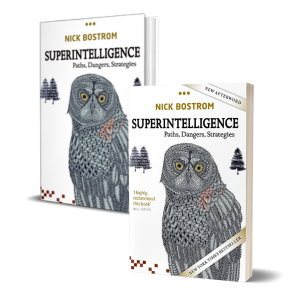Servicios al cliente
Sobre nosotros
Copyright © 2025 Desertcart Holdings Limited
Desert Online General Trading LLC
Dubai, United Arab Emirates


Superintelligence: Paths, Dangers, Strategies





Trustpilot
Hace 2 meses
Hace 1 día
Hace 2 semanas
Hace 2 meses